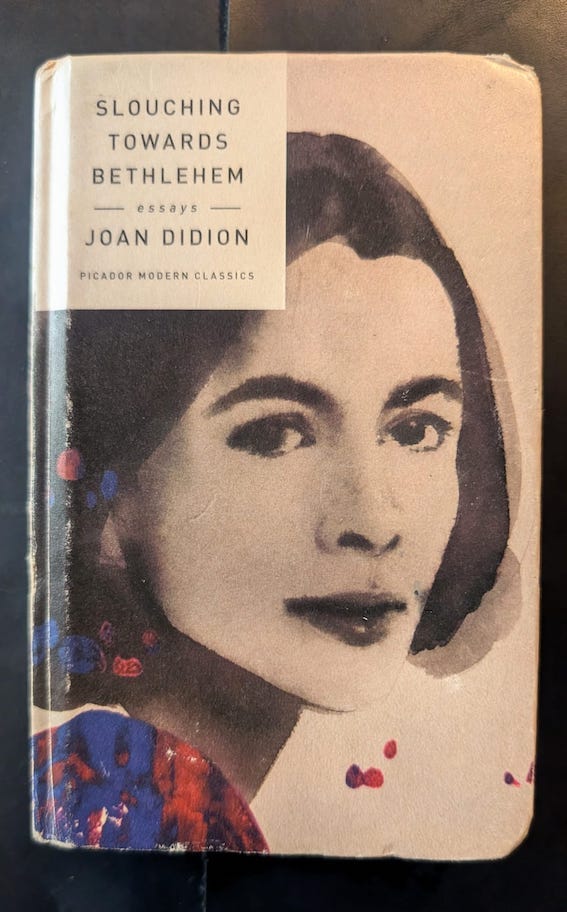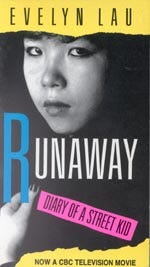On Keeping a Notebook
Welcome to my Substack, “On Keeping a Notebook.” It means so much to me that you’re here.
The title of this newsletter is taken directly from Joan Didion’s essay. Her work has inspired and guided me for years.
“…Perhaps it is difficult to see the value in having one’s self back in that kind of mood, but I do see it; I think we are well advised to keep on nodding terms with the people we used to be, whether we find them attractive company or not… It is a good idea, then, to keep in touch, and I suppose that keeping in touch is what notebooks are all about.” Joan Didion, “On Keeping a Notebook.”
My Substack is an extension of my notebook—albeit a more polished version. It took me a long time to get this newsletter off the ground because I overthought my content and how it wouldn’t be any good and no one would care. I fretted that I wouldn’t be dedicated enough to write enough content. But these thoughts probably echo in your head, too— the anxieties are common among writers and creatives. So, I decided to use Didion’s essay as a framework to remind me why I wanted to create this community in the first place.
I’ve kept a notebook since I was thirteen. It was a pink Snoopy diary scrawled with my childish handwriting. It consisted of my obsessive musing of a skater boy named Darren—what shoes he wore (DC? Etnies? Globe?), what colour t-shirts and whether or not he looked in my direction. The rare times he spoke to me were meticulously documented. I wish I could burn my first journal, but thankfully, it’s thousands of miles away in my brother’s storage in our hometown of Surrey, BC.
I’ve been scribbling in notebooks since I was barely a teenager, but I became obsessed with writing and recording my thoughts after I read Evelyn Lau’s Runaway: A Diary of a Street Kid. It’s been ages since I read the book at about eighteen or so— my copy is in the same storage as my Snoopy journal— but I remember vividly how fearful Lau was about forgetting. She wrote and recorded everything, thinking she’d remember it all and could always return to her diary and thoughts if needed. Lau—whose strict Chinese immigrant parents drove her to run away from home— became a drug addict and a prostitute on the streets of Vancouver by sixteen. My Taiwanese parents were not nearly as militant as hers, but I related to her when she talked about her parents and their expectations. A part of me romanticized her bravery and freedom. I looked up to her—for her tenacity as a writer even when life was a drug and sex-fueled blur. Like her, I was terrified that I would forget—feelings, opinions, fleeting thoughts. Therefore, my collection of notebooks expanded as I aged. Now, I have a whole row in my bookcase dedicated to my journals that cover the past twelve years of my life.
“…And we are all on our own when it comes to keeping those lines open to ourselves: your notebook will never help me, nor mine yours…” Joan Didion, “On Keeping a Notebook.”
My notebooks may not help you, but they help me record and process my thoughts. Through “On Keeping a Journal,” I will document and reflect on current events and what I’ve been reading, watching, and listening to. I will post travel pictures, fascinating histories, and cultural practices of the places I visit. Sharing some lines within my notebook forces me to expand, reflect, and polish my thoughts, guiding me to lay the foundation for my work. I hope my work-making process will amuse or inspire you.





